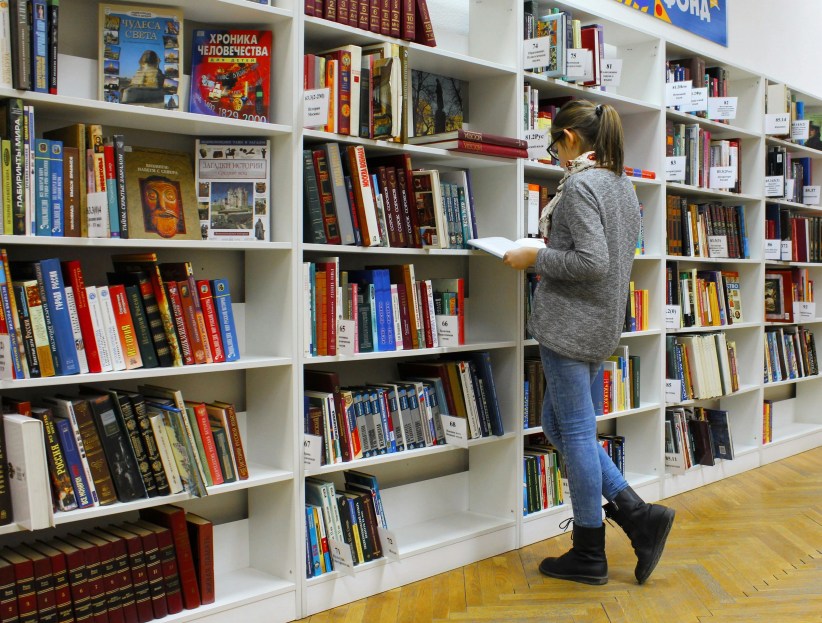The words “summer school” can invoke draconian misery—and are often uttered as a threat from a teacher or parent. But after more than a year of pandemic shut-down, summer school, like many things, looks very different through COVID-colored glasses.
There are many reasons summer school makes sense this year. For one, parents are worried about learning gaps. Whether their kids have been remote, hybrid, or in school, parents are eager for them to catch up—both academically and socially. They want their children to re-acclimate to the classroom—and to spend the day away from home and among peers again. And many local educators agree that far from being punitive, this year’s summer school offerings can and should provide opportunities for students to delight in the in-person company of their classmates and teachers.
RELATED: Here's the 2021-2022 NYC Public School Calendar
5 Ways to Tell If Summer School Is Right for Your Child
If you’re thinking about summer school for your child, here are a few things to consider:
1. Does your child have learning gaps that need to be addressed?
If your child is struggling with school assignments, it’s a good indicator they could use extra academic help. Check in with your child’s teacher to see what they recommend. Some summer programs are tailored for kids with specific challenges. For example, the Windward School, which has campuses in Manhattan and Westchester, serves students with language-based learning disabilities, such as dyslexia. This summer, it will offer its academic summer camp program, running July 6-30. “If students have lost any ground, this is an opportunity for them to make that up and set them up for success in the fall,” says program co-director Tanya Ehrlich. “Some of our families use our program for enrichment, some for remediation.”
Optional afternoon enrichment classes include sports, arts, and drama. “Most kids who come to our program end up feeling like it’s not a punishment for them,” says program co-director Ashley Di Salvo.
2. What has the school year been like for your child?
If your child thrives with in-person learning, summer offers an opportunity for more. On the other hand, if they are anxious about the return to normal, summer school could be a low-stakes way to ease back into the rhythms of the school day.
This year, all children who live in New York City are eligible for the Summer Rising program, the NYC DOE’s summer school plan for kids in kindergarten to 12th grade. This newly designed program will be run jointly by the Department of Education and the Department of Youth and Community Development, partnering schools with community organizations to offer a summer experience for children that is a blend of academics and recreational activities. “These programs will provide a bridge to the next school year and allow students to reconnect with one another and with their schools. Students will address unfinished learning while being provided avenues for recreation, exploration, and fun,” according to the NYC DOE.
“For the greater part of the year, children and teachers have been behind screens,” says Amelia Clune, who teaches third grade in the Bronx. The NYC DOE’s summer school, she believes, “will provide children with an opportunity to develop not only academic, but also social-emotional skills, which, after an isolating year, many of our students need.”
3. Is this a transition year for your child?
Your kindergartener may never have experienced a normal school day with a classroom full of children. An incoming sixth-grader might be anxious about entering a new building and meeting new classmates. While you can reassure them that they won’t be the only one who feels this way, having some familiar places and faces is always helpful. One advantage of the Summer Rising program is that DOE students will be placed at their assigned schools and may have the opportunity to work with their previous or future teachers, and to get to know some of their classmates.
Regardless of the program you choose, summer school can help soothe anxieties about returning in September.
4. How much can you afford to spend on summer school?
After a year like no other, Summer Rising comes as an unprecedented gift to the city’s working parents. The program is free, and full-day—truly full-day, 8am-6pm, covering a parent’s 9-5 job and commute time. The city is able to fund the program with money from President Joe Biden’s stimulus, and, according to Mayor Bill de Blasio, it will be the model for summer school moving forward. “This ends summer school as we know it,” he said at a press conference announcing the program.
You can also consider one of many private school programs or even an academic-focused summer camp. While not free, they can offer the advantages of specially trained teachers (Windward School’s teachers, for example, have degrees in special education) and very small class sizes.
5. How will you balance different summer activities?
Kids who need academic intervention have the same needs for play and unstructured time as everyone else. It’s important that kids have some downtime and are forced to find creative ways to entertain themselves. So, figuring out the right balance of play time and school will be up to each family—they’ll have to factor in vacations, summer camp sessions, playdates, and family time.
RELATED: Find great things to do this summer to in the Family Fun Guide!
The 2021-2022 academic year, a much longed-for return to normalcy, has a lot riding on it. In addition to getting back up to speed academically, our children have to re-acclimate to the idea of school as a destination and learning as a communal activity. While summer school might be something you’d try to avoid at another time, this summer offers students, teachers, and families a chance to reimagine what school can be, and to carry those lessons with us into September.






















